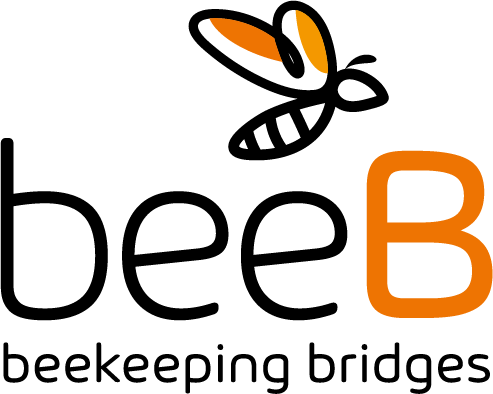In Europe, beekeeping is an activity mainly developed by beekeepers with a low level of professionalism, who have little knowledge in the area, often acquired only through experience. Given the importance of this activity for rural development and for the preservation of biodiversity, their promotion is of utmost importance.
The “beeB – Foster for beekeeping bridges through innovative and participative training” project will count on with the contribution of six European countries (Portugal, Spain, Italy, Croatia, Norway and Estonia) to develop tools that will allow family beekeepers, or any other non-professional beekeepers, to acquire skills in this area by using innovative and adaptive forms of training that are based on ecological and good beekeeping practices. Thus, it is intended to provide family beekeepers with training, which often does not exist or is scarce and encourage new publics, especially women and unemployed mainly from rural areas, to practice this activity. The project, co-funded with the Erasmus + Programme of the European Union, is intended to meet the training needs of each beekeeper, using innovative, attractive and adaptive methodologies that can be used at workplace.
It is planned to draw up a course curriculum, based on personalized b-learning adapted to different realities and different regions and guaranteeing national and European certification / qualification. This project will provide beekeepers and future beekeepers with a reference of skills in the area of beekeeping.
The objectives in the Erasmus + context are the following:
beeB specific objectives are:




